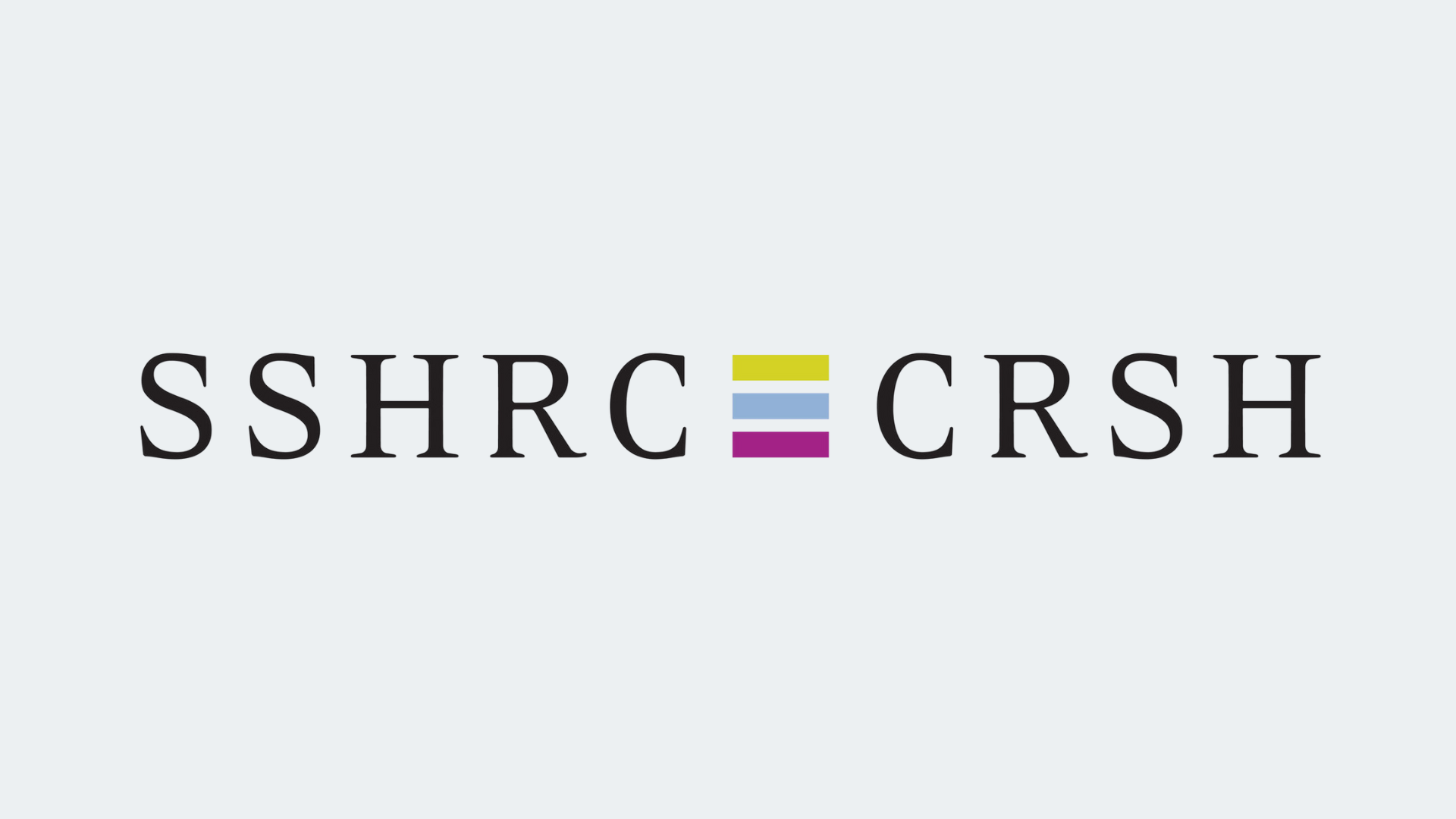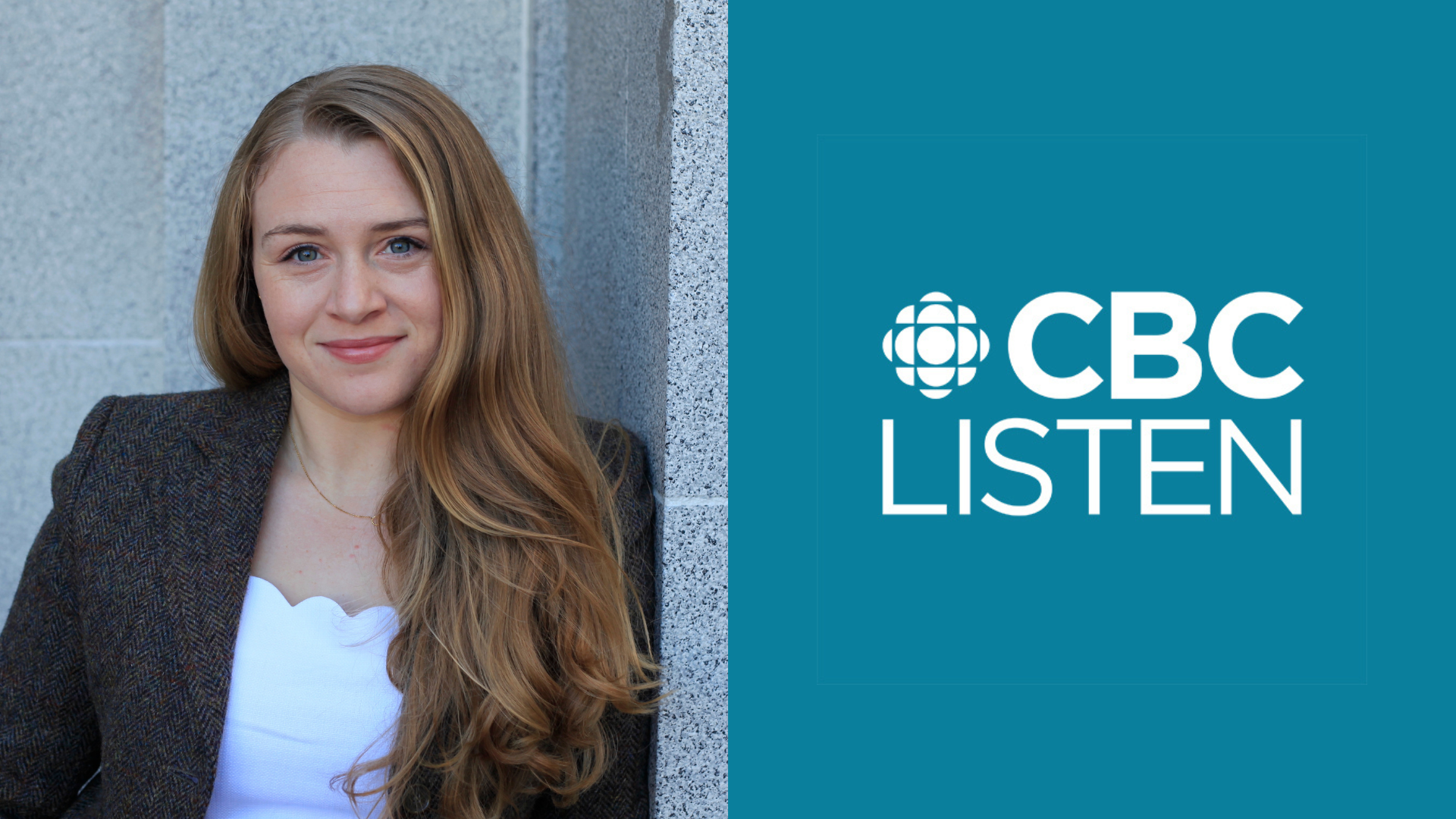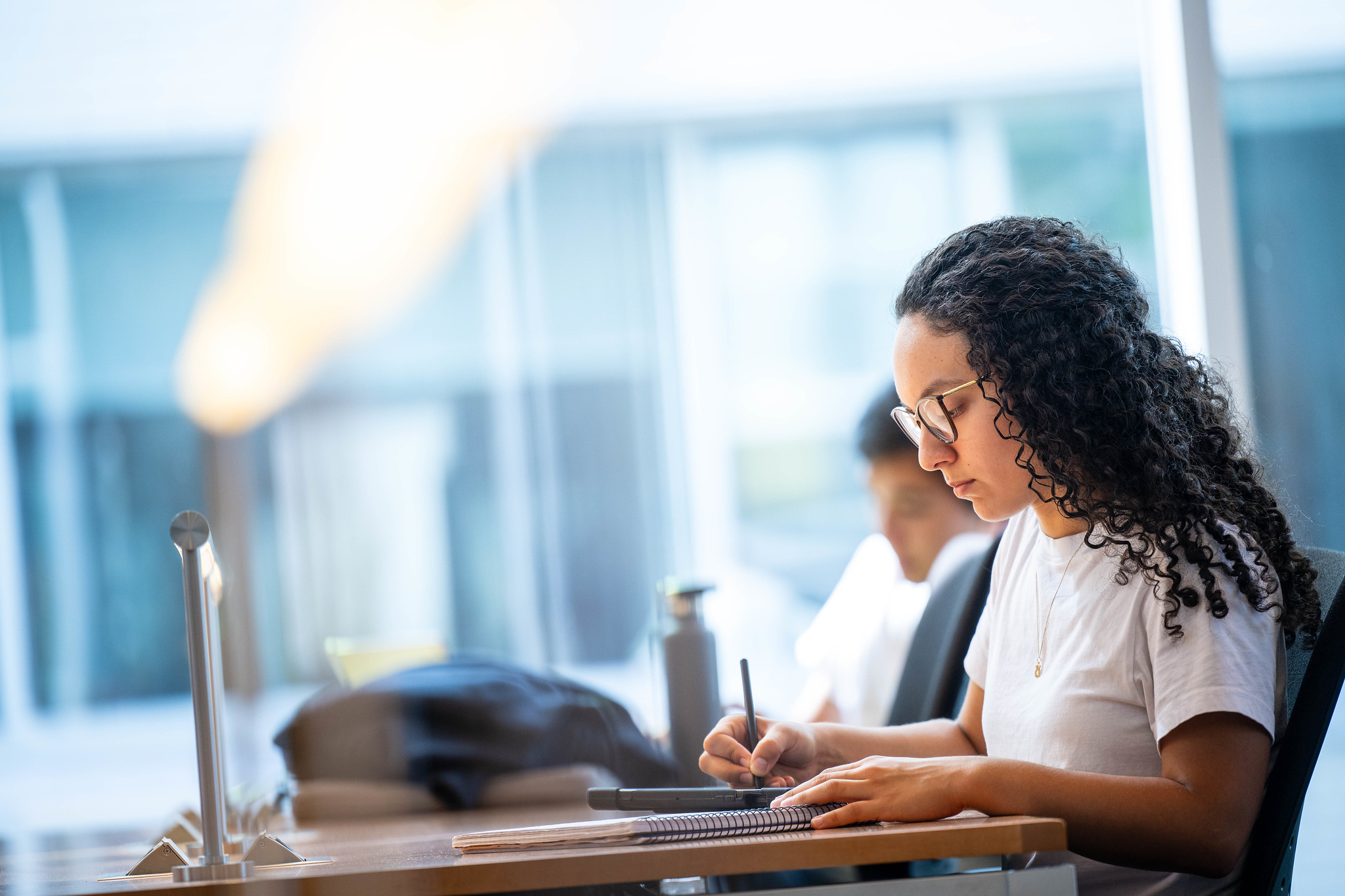History is a discipline that gives us the freedom to choose the methodologies we want to use to engage with the past. As an ever-changing backdrop to the passage of time, it also gives us space for contingency, agency, and the possibility of doing things differently.
Professor Tina Loo specializes in Canadian History with thematic research interests in environmental history and politics and the state. She is also a University Killam Professor, an honour conferred to UBC faculty for excellence in teaching and research.
Dr. Heidi Tworek is Associate Professor of international history and public policy. She is also a Canada Research Chair and the Director of the Centre for the Study of Democratic Institutions.
While both Loo and Tworek are beloved UBC History faculty members, neither began their academic career as historians. Loo started with a Bachelor of Science in Biology and Genetics at UBC. Under the mentorship of fantastic History teachers, she fell in love with research and writing. Similarly, as Tworek was completing her undergraduate degree in Languages and Literature in German and Latin, she found herself turning to History as a way of putting literature in context. “History as a discipline is very capacious. I found myself more and more drawn towards it as the discipline through which to understand the world,” she says.
History in Context
While students who are already insatiably curious about the past will always find History courses that satisfy their appetite, students from other disciplines who happen upon History courses often stand to gain the most invaluable perspectives about their endeavour in other fields.
Loo’s Environmental History courses deals with the social impacts of technology. It has a broad range of students, including engineers, who come with a different mindset and set of skills. “This interdisciplinarity in the classroom is a dynamic I can play with to generate discussions that bring out different perspectives on contemporary issues, like climate change,” she says.
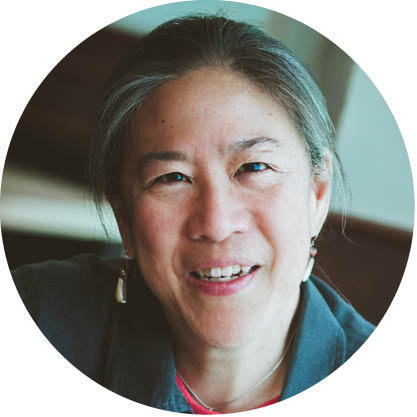

Dr. Tina Loo
A life-long skill Loo hopes to cultivate in her classroom is historical empathy. “I want students to understand why engineers in the past would have recommended damming a river to generate electricity when they knew many people were going to be displaced,” she says. “Why did this decision have political traction? Why did the governments have social license to do this at the time, and why didn’t protests to the contrary have the same kind of purchase?”
Loo’s students often empathize with the victims of development, who, in the North American context, are usually those who are racialized or otherwise marginalized. “This empathy is good. These students are going to be the engineers, bureaucrats, and government officials of the future,” she says, with confidence. “I want them to put themselves in a place where they can understand, though not necessarily agree with the decisions their predecessors had made.”
“Ultimately, I want students to grapple with how power works, and understand that they, too, are historical actors who will exercise power.”
Tworek’s HIST 432 fulfills a requirement for International Relations students. She helps her students see when and how the structures of the discipline began, the power relations that created them, and the importance of asking historical questions. “ I can show students the vibrant field of the history of political economy, of capitalism, or international organizations – things that they might not be picking up in their other disciplines. The whole point for me is while students might forget some of the content, they can remember how to ask critical questions about the material, which can carry them through their entire career.”
“Don’t get me wrong, there’s something fantastic about teaching people who are really into History,” says Tworek, “but it’s also awesome when you have students who aren’t quite sure they want to be there, and who, by the end of the course, [understand] how useful and important history is in illuminating the things they’re ultimately going to go on to do.”
Letting Students Take the Lead
The impact of History as a discipline ripples far beyond academia. To help students understand this continuity, both Tworek and Loo assign creative projects that encourage students to bridge public history and lessons in the classroom.
Every year, in the second semester of HIST 432, Tworek assigns her students a group project that culminates in a published Wikipedia page for a person, event, organization, or place of the past that doesn’t yet have one. “I really want students to be invested in the creation of materials,” she decided, after observing the classic essay did not always inspire enthusiasm. “What is baked into this assignment at every stage is the idea that students will tell us how to improve the next iteration.”
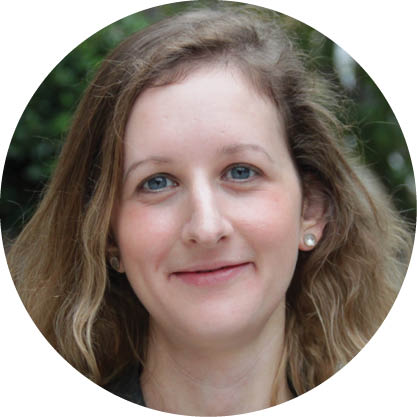

Dr. Heidi Tworek
Beyond challenging students to reinforce their knowledge in a different way, the Wikipedia assignment allows students to contribute their best skills to a group effort. “Every year, students use other languages they know, translating secondary sources from French, Spanish, Chinese, while other students use their editing skills in English,” she says. “This assignment lowers the barrier to entry [to contributing to other Wikipedia pages], and we can also have good discussions about what works and what doesn’t work with Wikipedia.”
Loo, who assigned a similar project in her third-year North American Environmental History course, points out the assignment also gives students valuable experience with peer-review. “The world of Wikipedians is weird and passionate, and dealing with the pushback from some very informed people out there is a learning experience students never get when they think they are just writing for their instructor,” she says. “This assignment teaches students to write in a different genre, and [the final product ends up] out in the world.”
The Future of History
Tworek points out the way we study and interpret the past are never static. “History as a discipline has changed in all sorts of wonderful ways,” she says. “We think in a much more integrated way that helps us engage with different publics, whether it’s policy makers, or those who work in museums and digital exhibits.”
“Historians, including those in UBC History, have become so much more engaged in questions of public history. We now do it in a whole set of creative fashions.”
“There are ways Historians can enrich debates by injecting both nuance and complexity, which are hard to make visible in an increasingly polarized environment,” says Loo. “Whether we talk about reparations for Slavery or settler-Indigenous reconciliations, I don’t think we can move forward without trying to think about complexities.”
To prepare students for challenging conversations that reveal our collective values and our future as a society, both Loo and Tworek are hard at work doing what they do best in the classroom: bringing their whole selves to inspire new generations of historians.
“We are all human beings in the enterprise,” says Tworek. “We bring our analytical selves, but our other selves are there as well. Students’ lived experiences and their diverse perspectives deeply enrich our classrooms. Connecting with students is important on a human level, but it’s also really important on an intellectual level.”
“There are many pressures that mitigate meaningful connections right now, especially on faculty who feel like they’re being pulled in so many different directions,” says Loo. “Students are not just students, just like we are not just instructors. It can make a profound difference. We are creating an intellectual community.”
